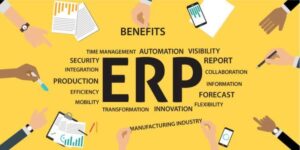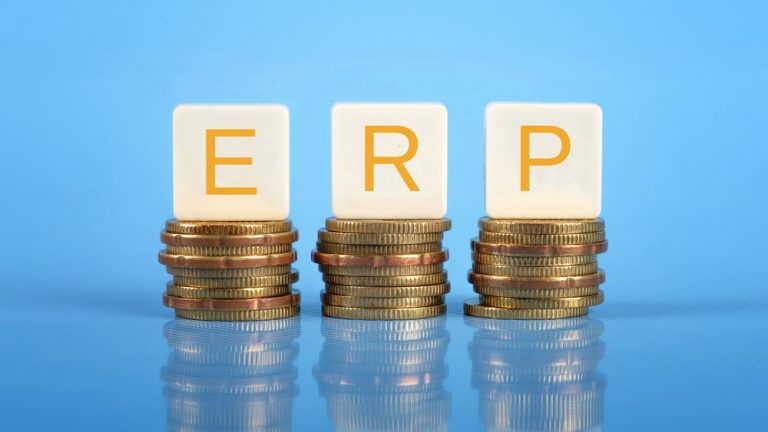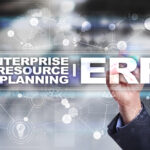When Is It Time for an ERP Upgrade?
An ERP implementation can be costly and time-consuming. Deciding when to invest in a new ERP (Enterprise Resource Planning) software for your system integration business is a significant decision that can have a substantial impact on your operations and profitability. So, what can make an ERP worth the investment and why would someone need an ERP?

Here are 10 key factors to consider as you make the critical decision to invest in a new ERP.
-
Business Growth and Complexity
If your business is experiencing rapid growth or if it has become more complex in terms of projects, clients, and operations, it may be a good time to invest in ERP software. ERP systems can help streamline processes, manage increased data, and improve overall efficiency.
-
Pain Points and Inefficiencies
Identify specific pain points and inefficiencies in your current processes. If you are facing issues with data silos, manual data entry errors, or lack of real-time visibility into your projects and financials, these could be indicators that it’s time to consider an ERP solution.
-
Scalability
Evaluate whether your current systems can scale with your business. If you anticipate further growth and expansion, investing in an ERP system that can accommodate your future needs is wise.
-
Regulatory Compliance
If your industry or region is subject to evolving regulatory requirements (such as tax regulations, data privacy laws, or industry-specific compliance standards), an ERP system can help you stay compliant by automating reporting and data management.
-
Competitive Advantage
Consider whether your competitors are using ERP systems to their advantage. Implementing modern technology can give you a competitive edge by improving customer service, project delivery, and resource utilization.
-
ROI Analysis
Perform a thorough ROI analysis to determine if the benefits of implementing an ERP system, such as increased productivity, reduced operational costs, and better decision-making, outweigh the initial investment and ongoing maintenance costs.
-
Technology Obsolescence
If your current software and hardware infrastructure are becoming outdated or unsupported by the vendor, it may be necessary to upgrade to a modern ERP system to ensure long-term sustainability.
-
Employee Buy-In and Training
Assess whether your employees are open to adopting new technology and whether you have the resources and time to provide adequate training. Employee resistance to change can be a significant hurdle in ERP implementation.
-
Vendor Selection
Carefully research and choose the right ERP vendor that aligns with your business needs and goals. Ensure they have a track record of successful implementations in your industry.
-
Project Planning
Develop a comprehensive project plan that includes budgeting, timeline, and a clear roadmap for implementation. Engage key stakeholders in the planning process to ensure their input is considered.
Remember that ERP implementations can be complex and time-consuming, so it’s essential to plan meticulously and involve all relevant stakeholders. The right time to invest in ERP software will depend on your specific business circumstances, but it’s generally best to make the move when the benefits clearly outweigh the costs and challenges of implementation.
To discover how unified ERP systems, like Q360, can enhance your business outcomes, request a free personalized demo here!
Article written by: Tim Archambault
Handpicked Related Content
-
How do you know when your technology integration business is ready to invest in ERP software? Calculating the return value of an investment can be daunting, even for the experienced executive, but one which includes new ERP Software may be…
-
Is Your Business Ready for an ERP System? In the life cycle of every growing business, there comes a pivotal moment where the once small and agile team, capable of managing everything manually, starts to falter under the increasing complexity…



